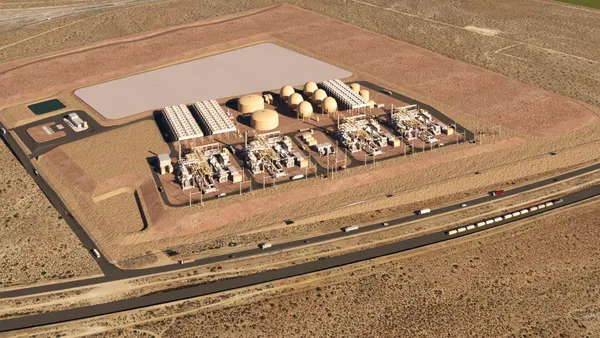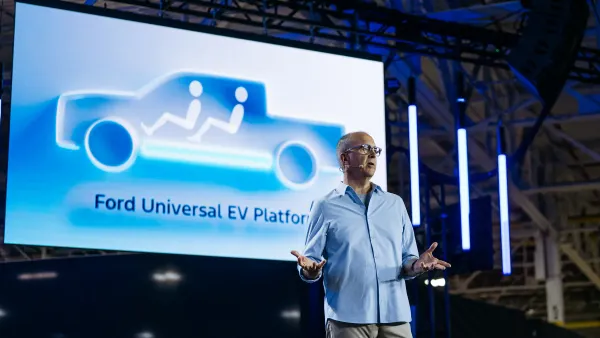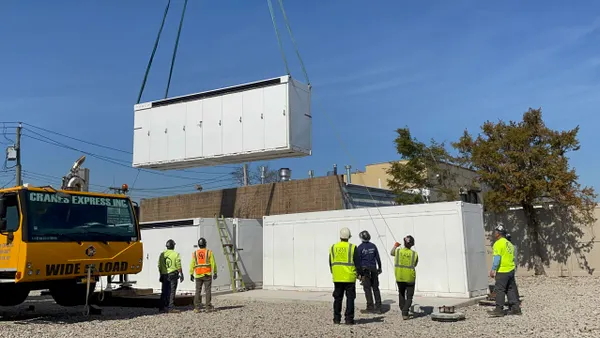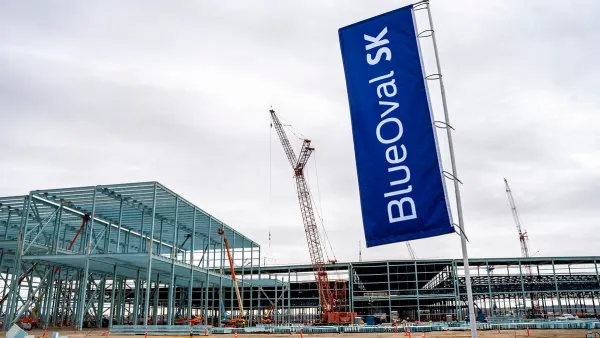Dive Brief:
- The National Renewable Energy Laboratory (NREL) is teaming up with Arizona's Salt River Project (SRP) to launch "one of the largest" home battery storage studies to date, NREL announced on Thursday.
- The study would offer insight into distributed storage, while also encouraging installations. 295 SRP customers have already submitted an application to install a battery and join the study, according to an SRP spokesperson, and about half of those systems have been installed and commissioned.
- The utility began offering an $1,800 incentive in May for the first 4,500 customers to enroll a qualifying lithium-ion battery storage system in their homes and agree to join the study. Incentive recipients that sign up on a first-come, first-serve basis through April 30, 2021, will be selected for the study at different times depending on the type of research being conducted, according to SRP's website.
Dive Insight:
The U.S. residential energy storage market overtook front-of-the-meter installations for the first time in the second quarter of 2018, according to a joint report by Wood Mackenzie Power & Renewable Energy Consulting and the Energy Storage Association.
The incentive program from SRP comes in addition to new tariff structures from other regulated utilities in Arizona, which are expected to encourage more residential storage, Wood Mackenzie Senior Energy Storage Analyst Brett Simon told Utility Dive last month.
The study is "a landmark effort to understand the value" that distributed energy storage will have on customers and utilities, NREL said.
"Phase 1 is already underway," Adarsh Nagarajan, NREL research engineer, told Utility Dive in an email statement. "The focus is more about collecting diverse data," he said.
The first phase will manage granular resolution data on battery performance along with advanced battery testing data. Customer battery use and battery system performance data could be used in future stages of the NREL study "to develop modeling and simulation tools to assess the customer benefits and distribution network impacts of" battery systems.
The goal is to collect data from about 450 of the potential 4,500 SRP storage customers, according to Nagarajan. SRP reports that nearly 500 signed up, reserving their incentive. Battery systems charged by on-site renewable resources, like solar panels, are also eligible for the 30% federal tax credit.
Clarification: The headline has been updated to clarify that it is DOE's National Renewable Energy Laboratory that is working with SRP on the project.














